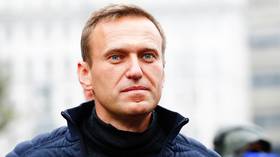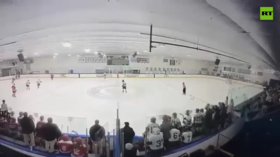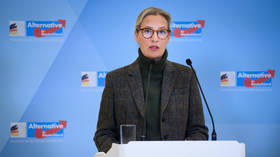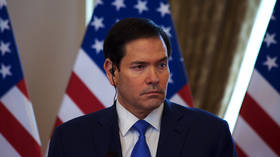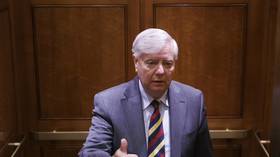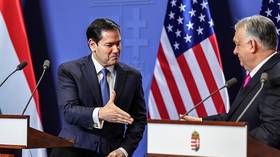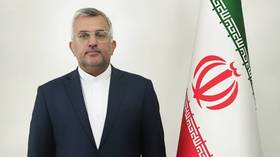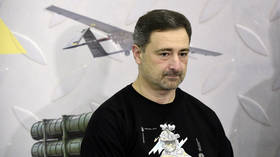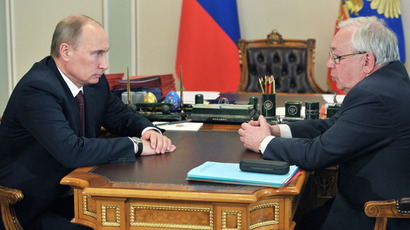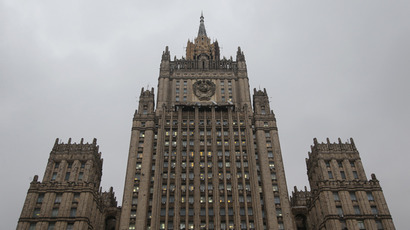Full disclosure of NGO inspection results promised
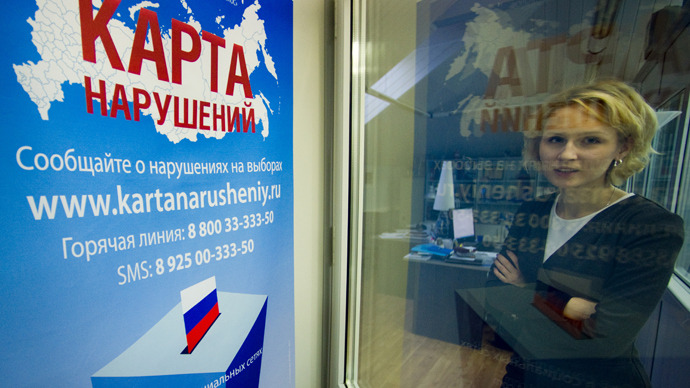
A detailed report on the sources of almost a billion dollars received by a number of Russian NGOs from their foreign sponsors will be published, presidential spokesman Dmitry Peskov said.
The official told reporters that the Prosecutor General’s Office would continue inspections into the activities of all Russian non-government groups and only after the probe is finished would its results be made public.
Peskov added that reporters should expect the disclosure of both the sources and the recipients of all cash transfers from abroad, but urged the journalists to be patient and give investigators more time to do their work.
In late March this year Russian prosecutors, the Justice Ministry and tax officials started a major check on all Russian non-governmental organizations, including the Russian branches of international NGOs such as Human Rights Watch and Transparency International.
The formal reason for the inspections is the necessity to bring the NGO’s activities in line with the so-called Law on Foreign Agents – the new act that requires all non-commercial organizations engaged in political activities that receive sponsorship from abroad to register as a foreign agent.
The new law also allows authorities to check the NGO activities as failure to register could lead to fines or even closure of the guilty groups.
Law enforcers several times refuted the claims of political pressure, saying the checks were pre-planned and that audit of public organizations was their ordinary work.
President Putin said in an interview with the German broadcaster ARD that preliminary inspections at Russian NGOs have shown that in the four months since the Foreign Agents Law came into force, these organizations received 28.3 billion rubles, or almost US$1 billion from foreign sponsors. Of this, 855 million rubles ($28.5 million) was transferred via diplomatic missions, he added.
The president stressed that the law did not mean any organizations to be closed or banned.
“We only ask them to admit, ‘Yes, we are engaged in political activities, and we are funded from abroad.’ The public has the right to know this,” Putin noted.
Many Russian NGOs see the Law on Foreign Agents as political pressure and claim that if they refuse to receive foreign aid this would threaten the very existence of the non-government movement in the country.
About 60 organizations filed a petition to the authorities asking to give a detailed explanation on Putin’s statement about the $1-billion aid and publish the full list of organizations, along with the list of received sums and the declared objectives the money was to be spent towards.
Major Russian pro-liberal think tank the Committee of Civil Initiatives, headed by former Russian Finance Minister Aleksey Kudrin, also urged President Putin to disclose the data on financing of Russian NGOs.
On Wednesday the head of the presidential council for Human Rights, Mikhail Fedotov, suggested applying the Foreign Agents Law only to groups that are working directly with political parties or sponsoring them. However, the sponsors of the bill said that such measures would also be excessive and under the amended law no group would register as a foreign agent.


